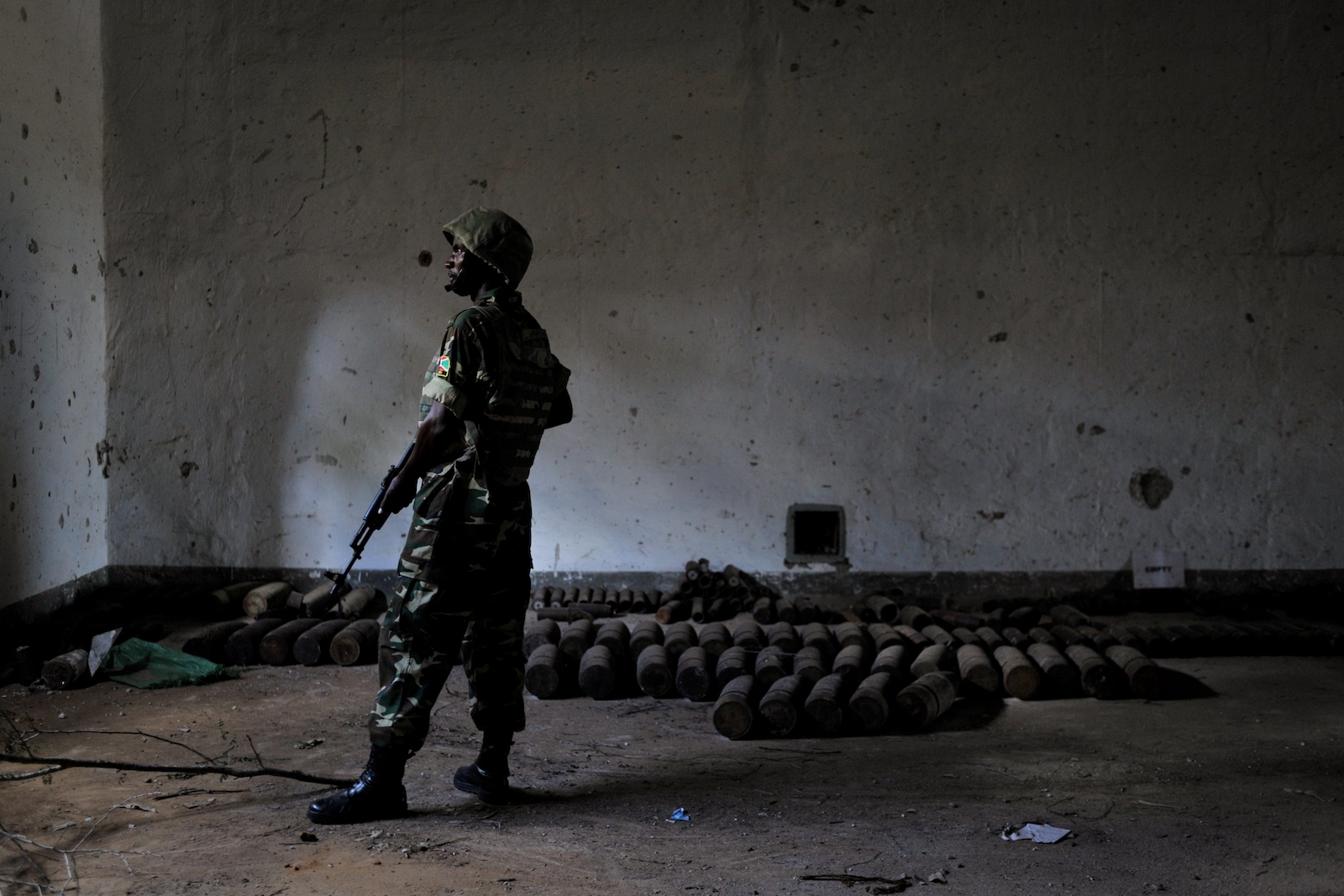
Somalia: Learning from Mistakes in Afghanistan
The U.S. state-building experience in Afghanistan failed. Despite a numerically superior army, the Afghan government lacked legitimacy and lost control of the country to the Taliban. Somalia is at risk of suffering from a similar fate if the U.S. makes the same mistakes.
U.S. policy in Somalia has failed to build a stable government or defeat al-Shabaab, one of al-Qaeda’s most dangerous affiliates. The writ of the Federal Government of Somalia (FGS) is weak outside the capital of Mogadishu. It is time to learn from the Afghanistan example and focus on the areas where people live, not just the capital. The U.S. should engage politically and economically with the Federal Member States (FMS), semi-autonomous administrative units that govern Somalia’s regions. They hold the key to improving governance at the local level, defeating al-Shabaab, and building a more stable Somalia.
Current U.S. strategy in Somalia focuses on developing the FGS’s ability to govern and militarily defeat al-Shabaab. The FGS is rife with corruption and lacks legitimacy in the eyes of the people and the regions. Fighting with al-Shabaab has been at a relative stalemate since 2016 and al-Shabaab retains the ability to strike the capital. Current U.S. strategy overlooks the importance of the FMS in building legitimate political institutions.
Without FMS support, no federal government can succeed in Somalia, as recent disputes over the upcoming election demonstrate. Somalia was scheduled to hold elections in November 2020 but numerous political disputes and instances of armed conflict have delayed the elections. Observers are still unsure if elections will be held by their new date in February. Engaging with both the FMS and FGS can enable the U.S. to help establish trust between them and prevent future disagreements from having as severe of an impact on Somalia’s stability.
Because the FGS is so unpopular, engaging with the FMS can improve local governance and the lives of Somalis outside of the capital. Good local governance can positively impact federal governance over the long term. In Afghanistan, the U.S. focus on building the central government allowed local governments to operate independently; local abuses of power alienated populations and contributed to the Taliban’s insurgency. Good local governance is crucial to improving the legitimacy and stability of the central government in Somalia as well.
Building a positive relationship with the FMS provides the U.S. with leverage. This leverage can be used to incentivize the development of good local governance and the resolution of political disagreements between the FGS and FMS. Both are essential for a stable and self-sufficient Somalia.
Some may argue that there is a different lesson to be learned from Afghanistan: that the U.S. should stop propping up corrupt, weak governments. To avoid this, the U.S. should make economic and political support to the FMS conditions-based. While not a perfect solution, it can deter FMS officials from using U.S. funds for corrupt purposes. If this strategy proves to be unsuccessful, it can be reworked, but if Somalia falls to al-Shabaab, we cannot go back in time to provide the FMS with monetary and political support.
The U.S. can either make the same mistakes that it made in Afghanistan, or it can learn and change. It will not be easy, and it will take a long time, but the U.S. has the opportunity to rid the world of a dangerous terrorist organization. Bombs, drones, and guns won’t defeat al-Shabaab. Schools, jobs, and functioning governments will. Engaging with the FMS will allow the U.S. to have a positive impact on the lives of all Somalis. A more stable Somalia will contribute to stability throughout the Horn of Africa and beyond. The U.S. must make the most of this opportunity to learn from Afghanistan and start making the region a safer place.

